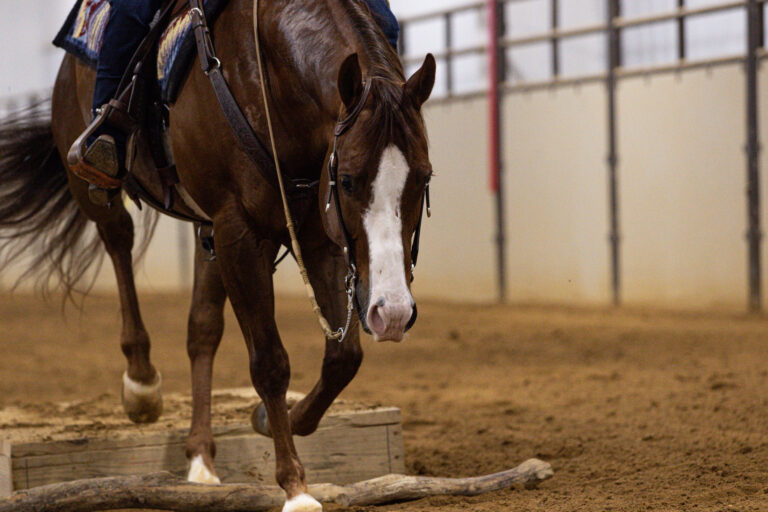Horses are living longer than ever before, frequently into their 20s and 30s. In the past, horses were considered “seniors” in their teenage years, but advancements in veterinary care and equine nutrition has delayed the golden years into the 20s and beyond.
Even with top notch care, the side effects of aging can impact an older horse’s health and activity level. Here are four signs of aging you should watch for and respond to with the help of your veterinarian.
Click through the slideshow below to learn more about the four changes to watch for in your aging horse:
Maintaining regular appointments with the veterinarian and farrier helps senior horses stay healthy and energetic for years. Similar to aging humans, an older horse’s immunity weakens with age. Sticking to a regular vaccination and deworming routine is as important for senior horses as it is younger ones that may travel off the farm.
Preventative care
Some people think when a horse has been vaccinated 20 or 30 times in its lifetime that they don’t need it anymore. Because many senior horses are on pasture rather than living in a barn, their risk of exposure to rabies is even higher because their opportunity for coming into contact with a sick animal in the field is higher than having one wander into the barn. Vaccinating for Eastern and Western encephalitis, rabies, tetanus and West Nile Virus are also considered as important vaccines. Check with your local veterinarian for recommendations.
Giving your senior horse the right care and a balanced diet means you’ll help them live longer and more comfortably.






